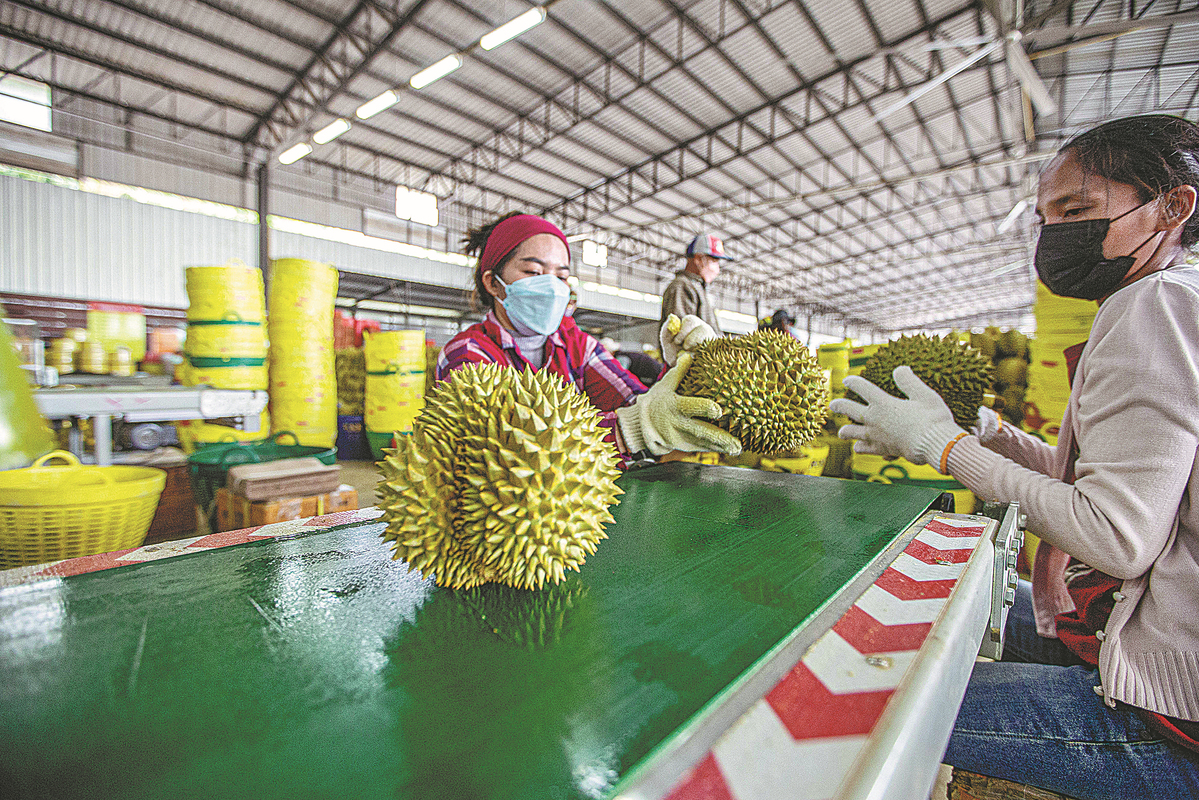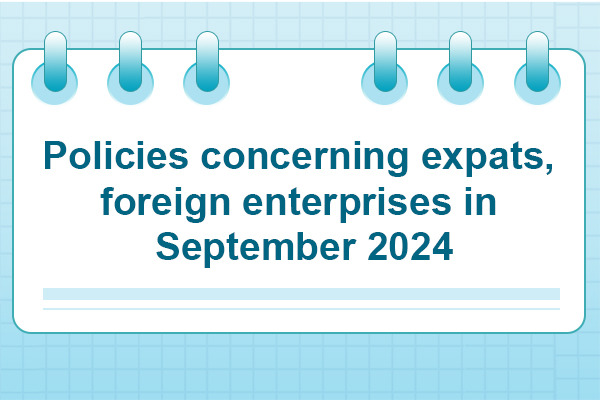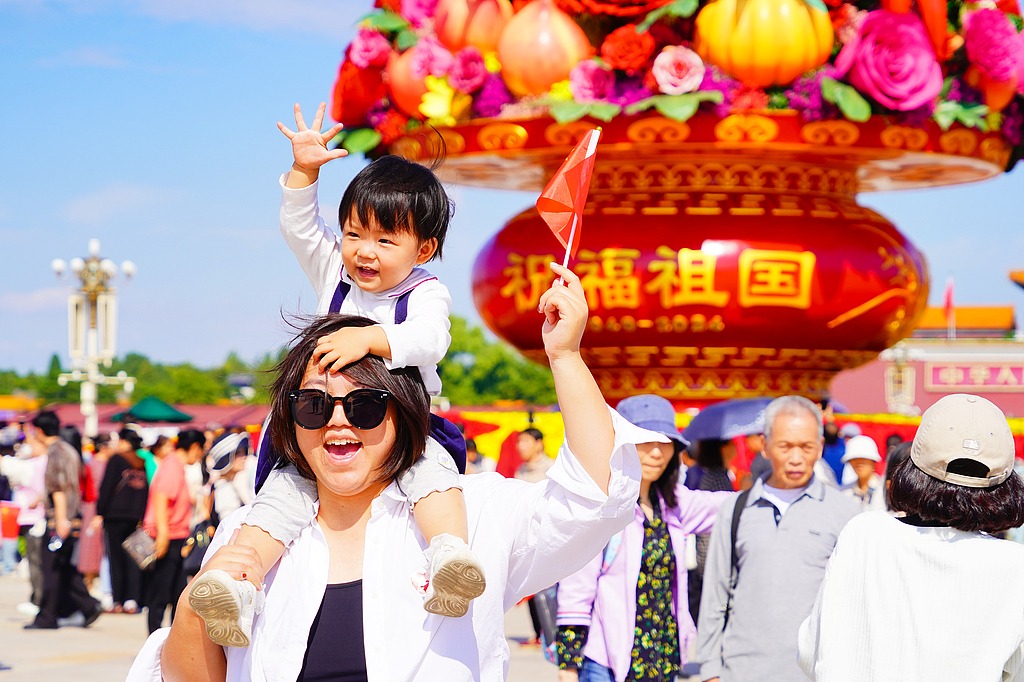RCEP boosts trade, economic recovery of member states


Tariff reductions bring greater price advantages, benefit global consumers
NANNING-Shi Jielian, foreign trade manager of Guangxi Yongjiang Food Industry Co Ltd, obtained the 13th certificate of origin under the Regional Comprehensive Economic Partnership agreement for her company this year, as she received an electronic invoice of approval from Nanning Customs in South China's Guangxi Zhuang autonomous region.
"This certificate was applied for a batch of exports to Japan, and it can reduce our Japanese clients' import tariff from 2.5 percent to 2.2 percent," Shi said.
Tariff reductions under the RCEP agreement enable the company's products to have greater price advantages and benefit trade contract negotiations with overseas customers, Shi added.
The RCEP agreement, which entered into force on Jan 1, comprises 15 Asia-Pacific countries, including 10 ASEAN member states and five key trading partners, namely China, Japan, South Korea, Australia and New Zealand.
China's foreign trade of goods jumped 9.4 percent year-on-year to 19.8 trillion yuan ($2.94 trillion) during the first half, according to the General Administration of Customs.
From January to June, China's trade with countries involved in the Belt and Road Initiative and RCEP member states soared by 17.8 percent and 5.6 percent year-on-year, respectively.
In the first half, Nanning Customs issued 760 certificates of origin under the RCEP agreement, with a value of 377 million yuan.
Nanning Qiaohong New Materials Co Ltd was the first company to apply for RCEP certificates of origin in Guangxi. As of June 30, the company had obtained 42 RCEP certificates of origin.
"Tariff reductions under the agreement have greatly boosted our exports, and improved the international competitiveness of our products," said Chen Wen, manager of the company's marketing department.
Chen said that in the first six months, the company exported nearly 5 million yuan in products to Japan, up 34-fold year-on-year.
Speaking at the 12th Pan-Beibu Gulf Economic Cooperation Forum held in Nanning last month, Jurin Laksanawisit, Thai deputy prime minister and commerce minister, said that under the framework of the RCEP agreement, Thai exporters had applied for RCEP certificates of origin worth $204 million from January to April.
Jurin added that Thailand had imported goods worth $72.3 million by utilizing the preferential policies under the RCEP agreement in the same period.
"RCEP will serve as a tool to reduce the impact of shifting global geopolitics and the COVID-19 pandemic while driving regional economic growth. It will enable ASEAN and Chinese enterprises to conduct business in a transparent and clear environment, simplify Customs clearance procedures, and facilitate trade and economic exchanges," he said.
"Under the RCEP agreement, the overall volume of zero-tariff products will exceed 90 percent, and the level of service trade and investment access improved significantly, bringing new opportunities for all parties," said Long Guoqiang, deputy head of the Development Research Center of the State Council.
Xinhua




































